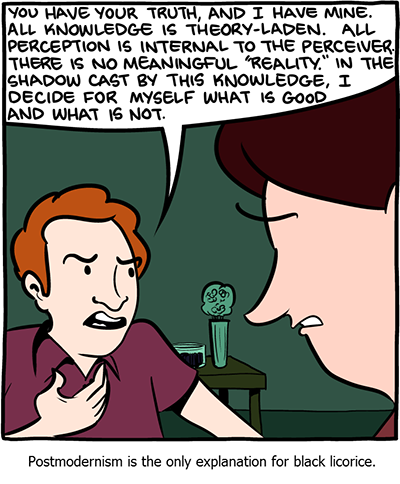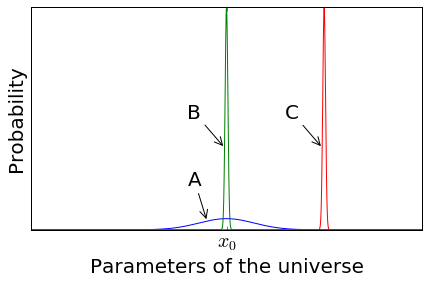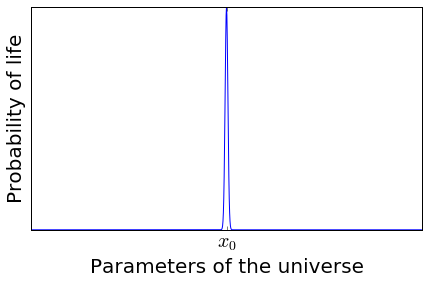On multiple occasions, I have toyed with the idea that it is unethical to play music in public places. It’s an idea that is difficult to take seriously, because it’s just so contrary to the culture we currently live in. Current norms surrounding public music seem to work just fine, so why try to fix what ain’t broken? And yet, it’s difficult for me to say exactly why the status quo is okay.
What follows is my argument as to why playing music in public spaces might be wrong. The goal is not to persuade you of the argument’s conclusion, especially when it’s a conclusion I don’t believe myself, but to persuade you that it’s a nontrivial question.



